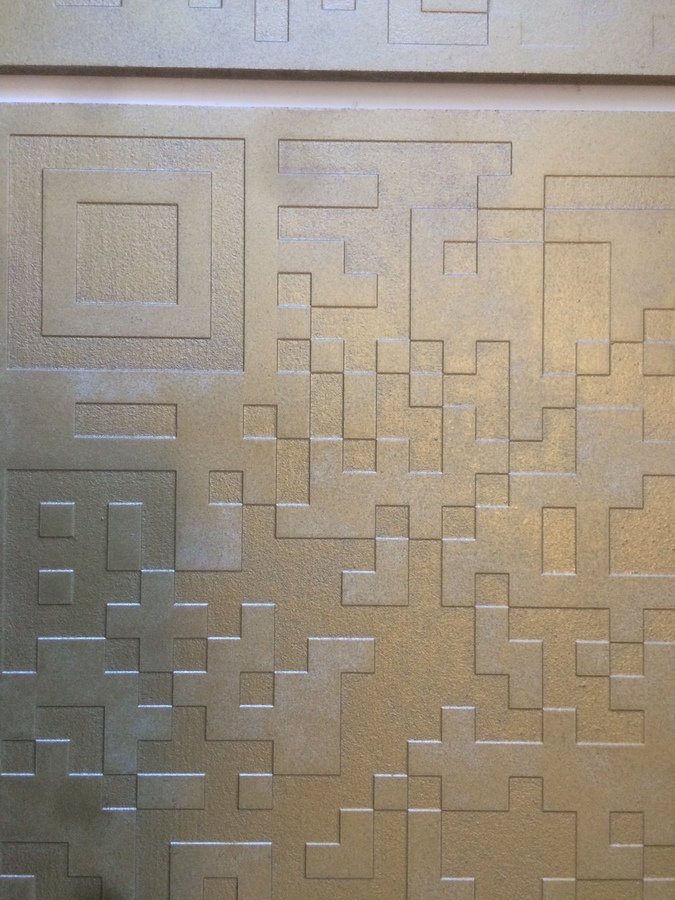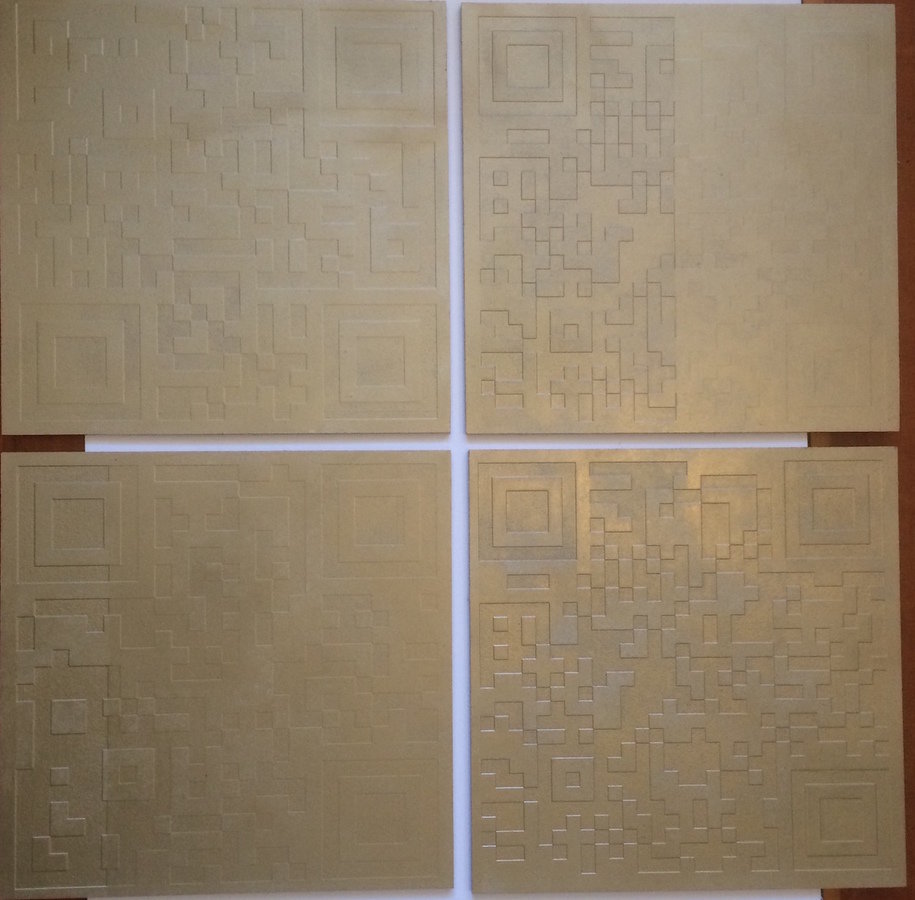exchange of agency for technology
(NOTES)
I willingly let someone else,
kill the animals I eat.
* I eat meat. I understand, and have accepted something had to die to feed me.
* Meat consumption raises questions about food: marketing, economics, controlling companies, governmental regulations, & individual beliefs.
* I consume as much information as I do meat. What had to "die" in this consumption?
Agency to The Convenience
Need
Convenience
Reliance
Relinquish
(Give Up Agency)
Progression
Progression of Convenience
* Starts with A Need. E.g. eat, communicate, live life described by Maslow’s Hierarchy of Needs
* Needs are met by convenience(s)
* The convenience becomes a reliance (see next slide)
* Reliance becomes a willingness to
give-up-agency entirely
FREE IS A convenience
Draft from Thesis:
Your data, is worth more than our dollar. Would you pay $1 to FaceBook to stop ad-targeting your posts? Or $1 to Google to stop reading your Gmail? “I don’t care. It’s too much work”. Exactly. It is an inconvenience not worthy of a-dollar.
Each new web service or technology promises greater conveniences and community. In exchange we (willingly) relinquish even more of own digital: data, location, and identity. The price is nothing - we expect everything to be free - however the costs are much higher. This artist is guilty in this exchange of convenience for agency. He has made a career: buying data, gathering data, and analyzing data, and then teaching others to do the same.
Keep your dollar; they have all the data they need.
QR GOLD
* For many months I scanned every QR code I could find and found nothing of value. Absolutely nothing.
* Discovered how much tracking of user data. Middle man layers are used gather data. Rarely, went straight to destination without a detour into a data-tracker
* My Guilt: Years extolling virtues of QR codes. Taught others to use it. It could do more a barcode. More than utility. Great convenience. I was wrong; utterly wrong.


Agency to The technology
All Technology is Assistive Technology
* All technology is assistive technology. Prescription glasses, to socks, to virtual reality -- it all augments limitations of human beings
* If access to information, is as important as food, then is Universal Access -- to that information -- a human right? Who has to be information starved?
* In the Information Age, turn off Internet access for just one minute; see how handicapped a computer becomes
Cinder carousel
* Create physical handicaps as reminders of:
all technology is assistive technology
* Blind users, impair mobility, disrupt hearing,
& create physical complications
* Technology attempts to alleviate these handicaps
Past, Present, & Future Technology goals
* Past: Physical and needs-based inventions that improve our lives
* Current: Electronic, and connected devices
to improve ourselves
* Future: Virtual & augmented inventions that tell us (sentient) -- what to improve
concerns of tech progression
* Past: Continued mass production and results of
* Current: Reliance on existing tech. See The Automation Paradox
* Future: Agency to the technology. How to live & how to feel
There is no such thing as a good painting about nothing. - Mark Rothko
The WAter UI
* Three Rothko paintings recreated with code. 10 to the 5th power in variations.
* “Art is easy. Just look at Rothko”. No work need.
Let the machine make it for you. As easy as touching water.
* Water is essential. I believe art is also. Do we want to live without either?
Agency to the Policy
The Victors say which technologies can exist, and how we use it
PoliCY & The People
* Net Neutrality: Should the Internet be metered? If so, by whom? Should it be a utility, like water?
* FBI vs. Apple: Is code speech? If yes, then Govt. cannot deny 1st Amendment. If no, how should Govt. regulate it - if at all?
* W3C (Wordwide Web Consortium): Even with the W3C best intentions; it is not universally inclusive.
“An Internet Meme is a high jacking of the original idea” - Richard Dawkins
Nailed it!
* Borrowing from Richard Dawkins, I mutated this idea of an Internet Meme to no longer be a joke
* Like Maslow’s Hierarchy needs, humans have similar goals, but get there in different ways, with different tools, under different circumstances
* My family did “nail it”. Highly assimilated. Little connection to heritage (the source). Gave up our lives in Laos - a developing country - for a life in America.


Draft from Thesis:
My father heard a radio message stating: anyone in Laos, who could make it to a refugee camp, may have an opportunity at coming to America. He believed there was no future in Laos for his family. He was not certain what was worst: the fear of an unknown future, or the punishment for being caught fleeing? We left in the middle of the night. My parents said goodbye to their families for very the last time.
A radio, a communication technology promised a better life. Our future was dictated by immigration officials, and the policies of those they serve. In exchange, he would have to give up his life in Laos.
To this day, my father has never returned. He has no intentions to.
* Individuals willingly exchange their own agency for technological convenience
* The technology itself hopes to: make decisions the for the users, improve (or augment) our physical reality, and overcome the limitations of human beings
* Those who control the technology, will make decisions on how its used, and whom can use it